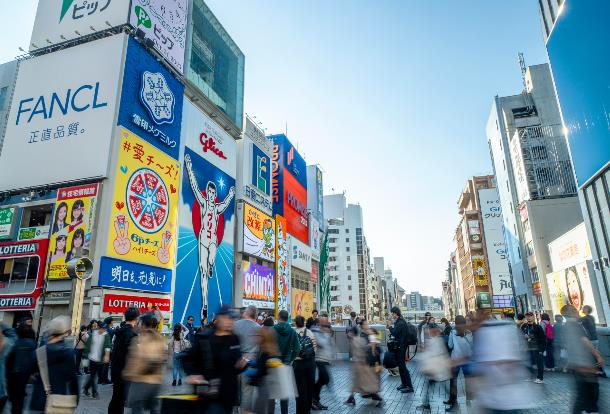The impact of the coronavirus epidemic on tourism is likely to be worse than the 2003 SARS outbreak, not only due to the uncertainties of how long it will take to keep the outbreak under control but also because consumption such as travel has been an increasingly bigger component of the structurally evolving China economy over the last 17 years, now entering a new economic cycle.
1. Short-term impact
Prior to the coronavirus outbreak, industry watchers expected over 450 million Chinese would travel during the Lunar New Year Holiday, an increase of 8% year on year, and their travel would have created approximately 550 billion yuan (USD 78.8 billion) of consumption. The sudden coronavirus outbreak put a spanner in the works.
China Ministry of Transport’s statistics indicated that the CNY passenger traffic flow from January 10 to 31 plunged 20.6% year-on-year to 1.258 billion. The number of people who traveled by train dropped 10.7%, by road and water transport fell 22.1% and 34% respectively, while air travel passenger number slid 14.4%.
The number of trips made during this year’s seven-day Lunar New Year period plummeted nearly 63.9% to just 152 million, compared to 421 million last year.
2. Ongoing impact
The tourism industry as a whole has been significantly affected. Travel agencies are losing money. Small businesses may have to close down. Hotels have suspended operation as bookings and revenues nose-dived over the short term. Flights were canceled or grounded, and inbound tourism was severely damaged. Attractions were also required to close and not likely to immediately recapture passenger flow even after the epidemic ended. Share prices fell sharply for stocks of the online travel sector, as well as attractions, travel agencies and restaurants. The travel industry has downsized with layoff or pay cut.
Travel demand also weakened, as travelers canceled travel plans and opted to stay home to avoid crowds. Many among them have canceled the trips even before the Ministry of Culture and Tourism asked all travel agencies and online travel services to suspend all group tours and flight plus hotel packages on January 24.
3. Long-term effects
The tourism market will contract, and meetings, incentives, conferences and exhibitions will be postponed or canceled.
Public fear will continue even after the epidemic is under control, and the desire to travel will stay low.
Industry challenges
1. Loss of income
The domestic tourism market thrives on three high seasons – the Spring Festival, the summer vacation and the National Day holiday. The recent coronavirus outbreak has severely dented revenues during the Spring Festival holiday, which means one-third of this year’s revenues has gone down the drains. Mr. Wu Bihu, director of the Tourism Research and Planning Center at Peking University, predicted that losses for China’s travel industry may be up to 3 trillion yuan (USD 430 billion) for this year.
2. Cash flow
As well as suffering from losses, travel companies will also face cash flow challenges.
Mass cancellations within a short period of time have hampered cash flow for the entire industry, from airlines to travel suppliers and distributors including travel agencies, online travel platforms and agents.
In the early stages, travel companies may have to cut jobs or salaries, but if the crisis lasts for more than three months, the capital flow will be disrupted and the bulk of small and medium-sized businesses may face bankruptcy.
3. Rebuilding
As the epidemic constitutes force majeure, it may lead to disputes over compensations and refunds not only for itinerary changes by travel companies but also for resolving different interpretations of contract terms involving travelers and travel companies in various industries, countries or regions.
Bilateral and multilateral cooperation is key to the travel business. In the face of the coronavirus outbreak, many countries or regions have denied entry to Chinese travelers and changed flights schedule for safety reasons. In time to come, it will require even more collaboration on a global basis between the authorities for visa, aviation, immigration, customs, public security and tourism to ensure the safety and health of millions of inbound and outbound tourists, while all parties make a concerted effort to prevent the spread of the virus. (Translated by Elena)




